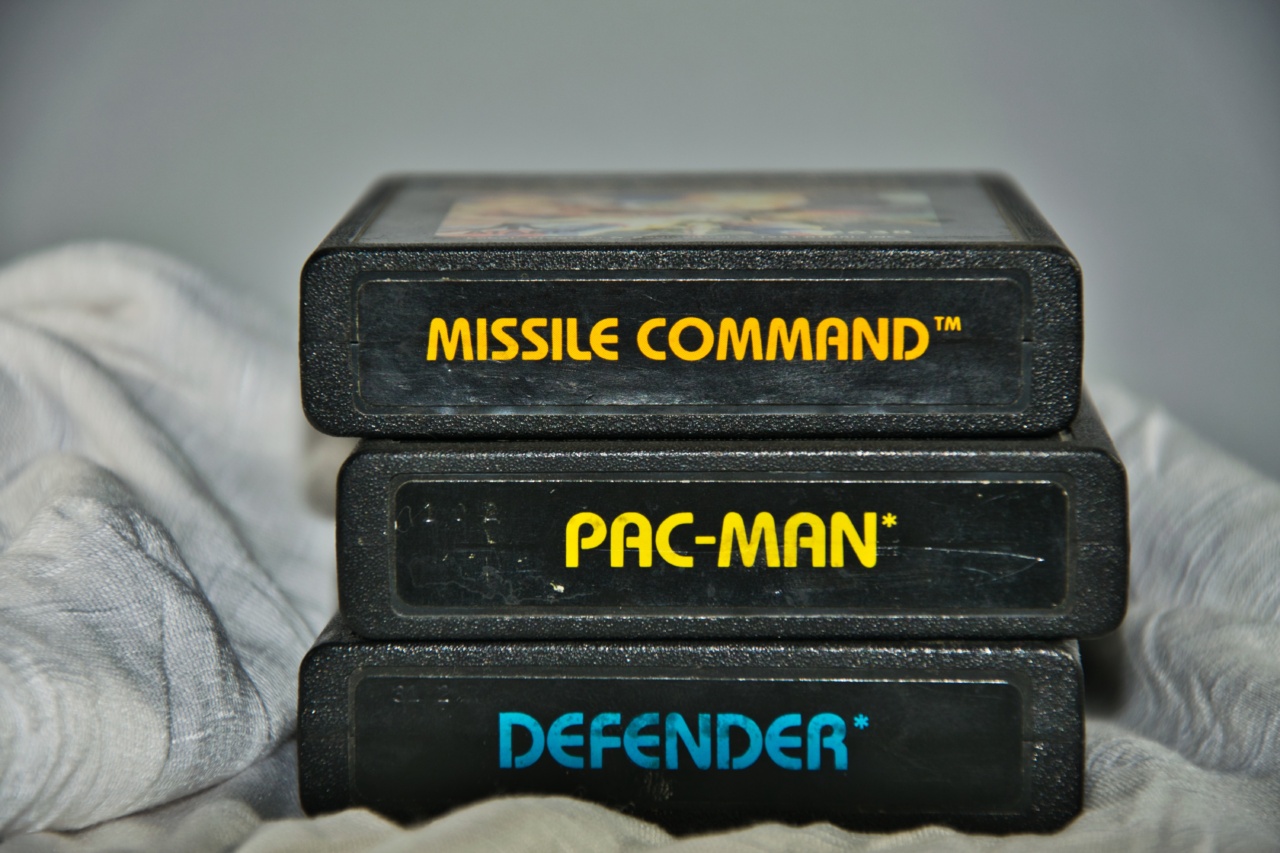Video games have long been associated with entertainment and leisure. However, recent studies have shown that playing video games can also have positive effects on cognitive abilities.
This article explores how video games can unlock cognitive potential and enhance various aspects of mental functioning.
Improving Problem-Solving Skills
One of the key benefits of playing video games is the improvement of problem-solving skills. Many video games require players to solve complex puzzles, complete missions, or navigate challenging environments.
These tasks stimulate the brain and encourage players to think critically, analyze different options, and come up with effective strategies to overcome obstacles.
Enhancing Memory and Attention
Video games can also have a positive impact on memory and attention span. For instance, action games often require players to keep track of multiple objects, remember instructions, and rapidly switch between different tasks.
These constant mental challenges can improve working memory and enhance the ability to focus and concentrate for extended periods.
Boosting Spatial Reasoning
Spatial reasoning refers to the ability to mentally visualize and manipulate objects in three-dimensional space. Many video games involve navigating virtual environments, solving spatial puzzles, and understanding complex maps.
By regularly engaging in such activities, players can enhance their spatial reasoning skills, which are crucial for various real-life tasks, such as problem-solving, architecture, engineering, and navigation.
Fostering Social Skills
Contrary to the common belief that video games isolate individuals, multiplayer online games actually provide opportunities for social interaction and the development of social skills.
Cooperative gameplay, team-based objectives, and online communities can foster collaboration, communication, and cooperation among players. Consequently, engaging in multiplayer video games can help individuals improve their social skills and build meaningful relationships.
Increasing Cognitive Flexibility
Cognitive flexibility refers to the ability to adapt to changing situations, switch between different tasks, and think creatively.
Video games often present players with dynamic and unpredictable scenarios that require quick decision-making and flexible thinking. Regular exposure to these challenges can enhance cognitive flexibility and promote adaptive problem-solving skills.
Improving Hand-Eye Coordination
Video games, particularly those that involve fast-paced action or precise movements, can greatly improve hand-eye coordination.
The consistent and repetitive use of controllers or keyboards in video games trains the brain to process visual information and translate it into fine motor skills. Such improved coordination can be beneficial in real-world activities, such as driving, playing sports, or performing intricate tasks.
Encouraging Strategic Thinking
Many video games revolve around strategic thinking and planning. Players are often required to analyze different variables, evaluate risks, and make decisions that will impact the outcome of the game.
This constant engagement in strategic thinking exercises the brain and encourages individuals to develop effective decision-making skills, which can be valuable in both personal and professional contexts.
Promoting Multitasking Abilities
Video games often demand multitasking abilities, where players need to simultaneously monitor multiple aspects of the game, such as health meters, maps, enemy movements, and their own characters’ actions.
Regular practice of multitasking in video games can not only improve the ability to juggle multiple tasks efficiently but can also enhance divided attention skills, allowing individuals to manage multiple responsibilities effectively.
Training Perseverance and Resilience
Video games often present players with challenging obstacles and levels that require repeated attempts to overcome. By facing these challenges and persisting despite initial failures, players can develop perseverance and resilience.
These qualities can have a positive impact on real-life situations by promoting determination, self-confidence, and a growth mindset towards overcoming difficulties.
Stimulating Creativity
Many video games provide players with opportunities for creativity and self-expression.
Games with open-world environments, character customization, and creative building elements allow players to unleash their imagination and explore their artistic side. By engaging in these creative activities, individuals can enhance their problem-solving skills and develop innovative thinking.
Conclusion
Video games offer more than just entertainment. They can serve as powerful tools for unlocking cognitive potential and improving various aspects of mental functioning.
From problem-solving to spatial reasoning, social skills to creativity, video games have the potential to enhance cognitive abilities and provide individuals with valuable skills that can transfer to real-world situations. However, it is important to maintain a balanced approach and ensure that excessive gaming does not negatively impact other aspects of life.






























